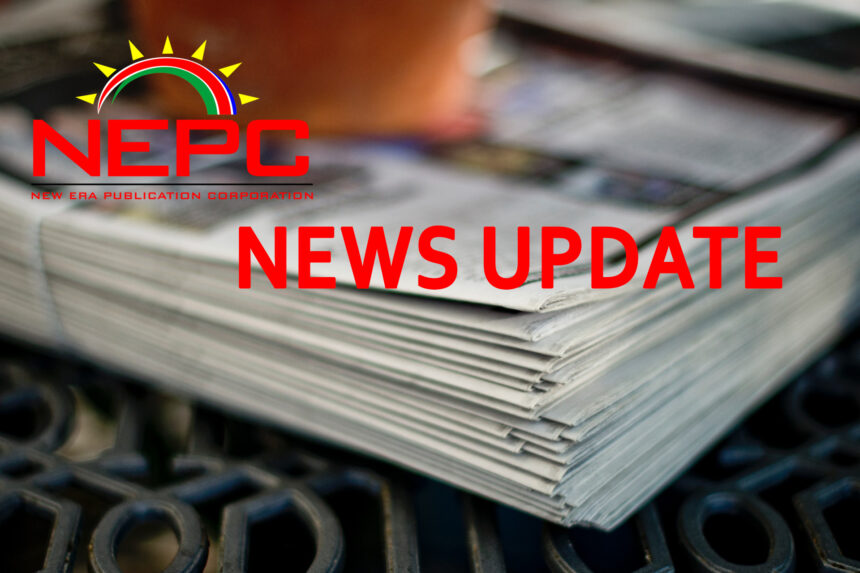On 27 November 2024, Namibia will hold its seventh national elections where citizens will vote for their preferable political candidates.
The main agenda of elections is to allow citizens to perform their constitutional rights by partaking in decision-making politics where they elect their preferred candidates whom they trust with the affairs of the nation.
However, voters have their expectations to be fulfilled by the elected candidates.
Thus, it is vital to conduct a background check on the political party or candidate they believe can solve present real issues.
This is the time to be focused as voters by not allowing any distraction that comes with campaigns from various political parties that mastered the art of playing with the minds of individuals through offering them free food, T-shirts and drinks, so it looks they have them at heart.
Others make use of artists or influencers as a trap to join them although they know they will not address the nation’s needs. But they do so to be assisted to gain political power which only benefits them, their family and close friends.
The voting agenda should balance changes, and not necessarily focus on removing a certain party/candidate, but for the changes that will benefit everyone and the nation at large, including fair distribution of resources. Part of the voting strategy is to keep in mind that it is the electorate that will decide what the next five years will look like, and what we will get out of it.
Therefore, it is important for citizens to avoid traps set by politicians who have a tendency of loving voters during election time only, and disappear into thin air after elections. One can agree that continuous voting for the same political party/ candidates who failed to deliver is considered as self-robbery in a democratic society.
In addition, it is disturbing to learn that politicians who served for an extended period of time have a tendency of losing focus on burning issues such as high unemployment, poverty, limited health-care, theft and prostitution, as well as housing crisis, despite the country being ranked as a middle-income State, yet it fails to arrest the mentioned issues. Hence, it is vital for voters to bring in capable candidates into the political space and avoid the serious trend of failing to vote due to long queues on election day.In the end, the focus of voting should be on board for those keen to tackle real issues or to make changes that improve lives and not just speaking about the same issues year after year without remedial action. Therefore, this article calls for the electorate to make the right decisions for their own benefit. Nevertheless, our vote should influence changes and strengthen the endless efforts of politicians who have been on the ground, to better lives of the nation.
*Tobias Nanhinda is a librarian at ministry of gender. The views in this article are merely his and not those of his employer.


